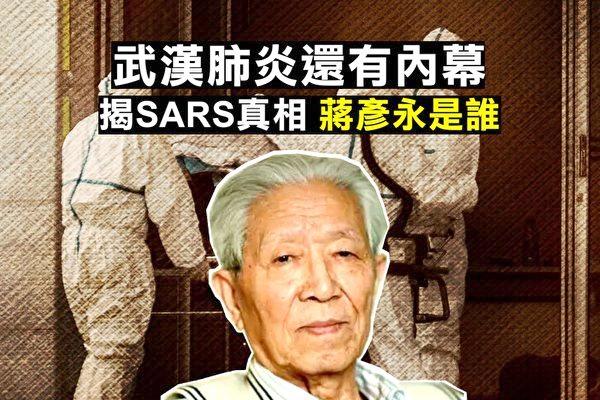When people in China learned that the Chinese authorities tried to cover up the coronavirus outbreak and then silenced eight doctors who had informed their friends about the new pneumonia, they were reminded of Dr. Jiang Yanyong, who risked his life to expose China’s SARS coverup back in 2003.
Jiang is an 88-year-old retired military surgeon who worked at Beijing’s No. 301 Hospital. After working to expose the true numbers of SARS cases in China he was acclaimed as a SARS hero or SARS whistleblower.





